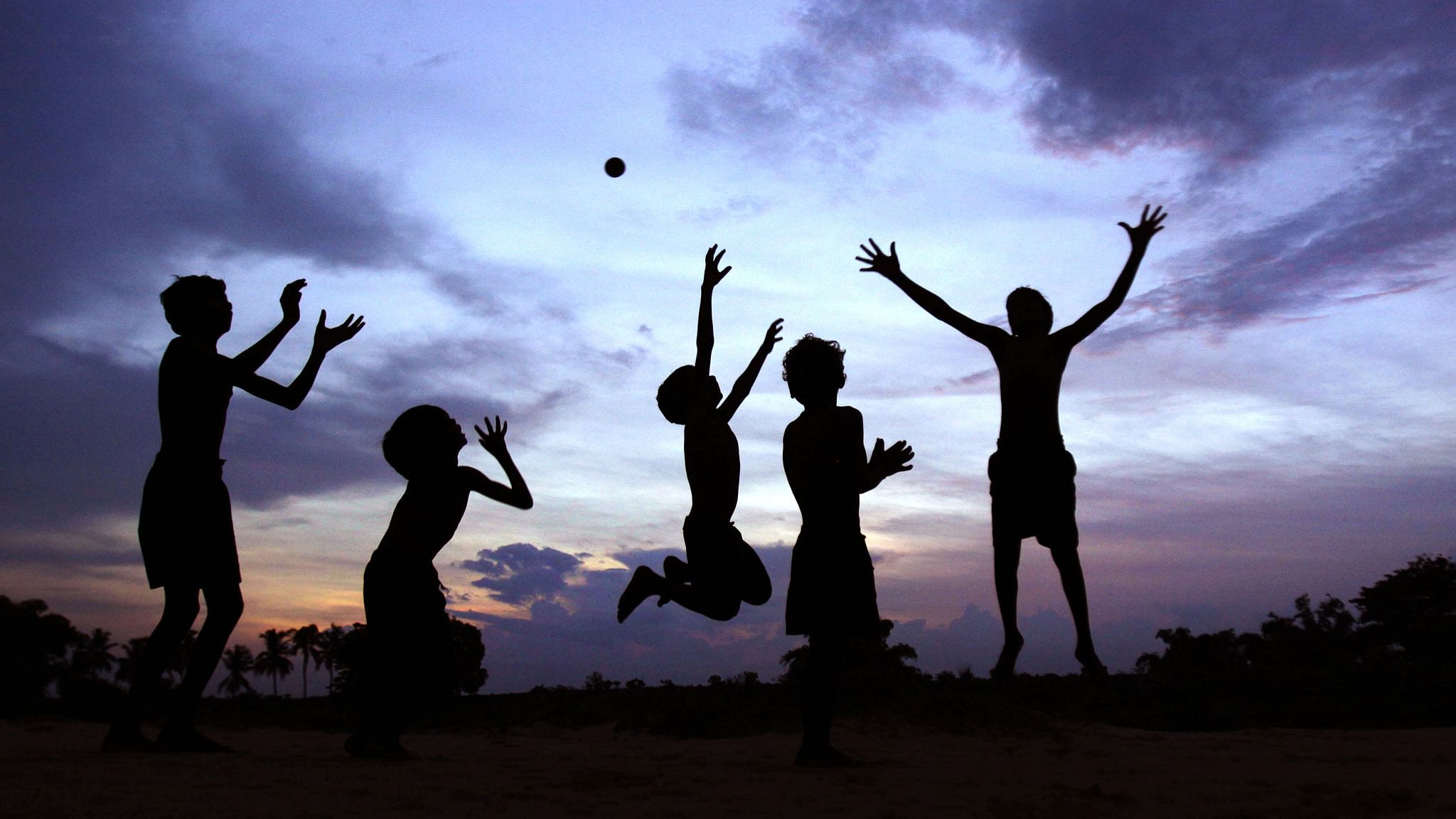

By Rujul - Apr 30, 2024
Sports serve as a catalyst for social change, with athletes and organizations using their platforms to raise awareness and advocate for inclusivity and justice. Athletes like Mohammed Ali set examples of positive behavior and inspire action on critical issues. Sports provide a platform for advocacy, prompting positive societal transformations and mobilizing support from various stakeholders. Collaboration between athletes, organizations, and other entities amplifies the impact and creates lasting legacies for future generations.

Benefits of participation in sports
LATEST
Sports have played a significant role in initiating social change and addressing important social issues by leveraging their influence and reach to drive positive impact. Athletes and sports organizations have been at the forefront of advocating for social change, using their platforms to raise awareness, promote inclusivity, and address critical societal issues. Through their actions and commitment, athletes have demonstrated that they can play a crucial role in inciting social change and inspiring others to take action.
One key aspect of sports' role in social change is the ability of athletes to serve as role models for youth and the broader community. Athletes, as mirrors of society, can set examples of positive behavior at local, national, and international levels, influencing attitudes and behaviors towards important social issues. Athletes like Mohammed Ali have used their profiles to advocate for peace, human rights, justice, and inclusion, transcending their sports to make a meaningful impact on society.
Furthermore, sports provide a platform for athletes to call for action from governments, companies, and institutions to develop effective policies, programs, and actions for the benefit of all. Athletes advocating for social change can leverage their influence to push for positive societal transformations, promote tolerance, address gender-based violence, combat human trafficking, advocate for same-sex marriage, and raise awareness about drug-related issues.
In addition to individual efforts, sports organizations, NGOs, governments, and the private sector play a crucial role in harnessing athletes' willingness to contribute to social change. By creating structured and effective mechanisms for athletes' participation in social good initiatives, organizations can amplify the impact of athletes' actions and create lasting legacies for future generations.